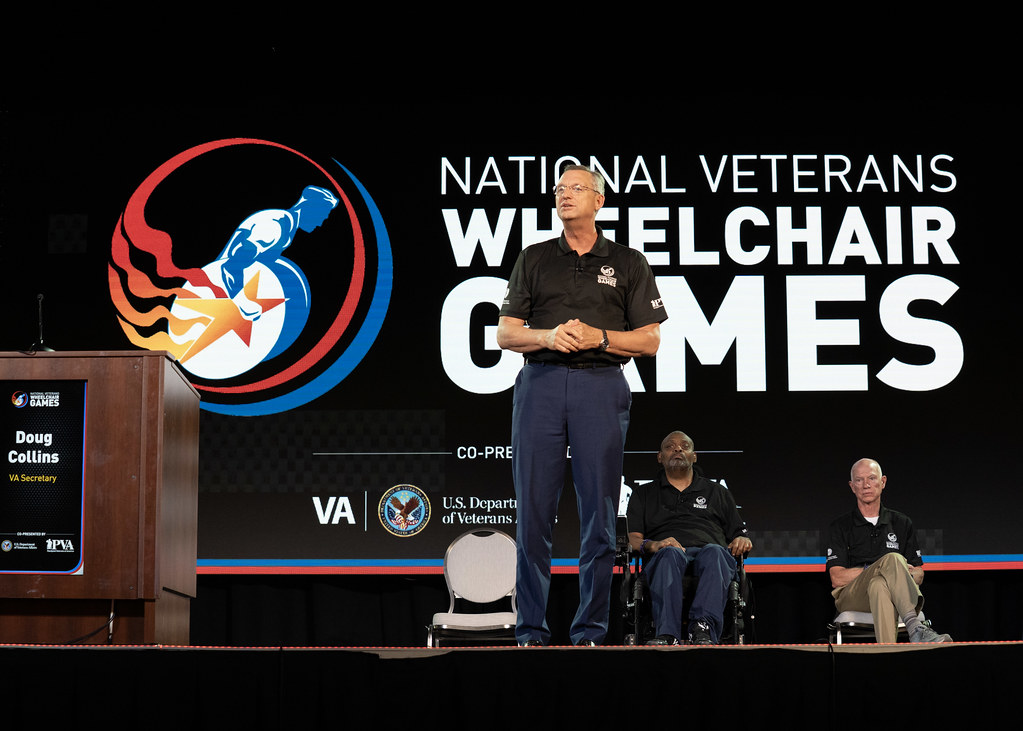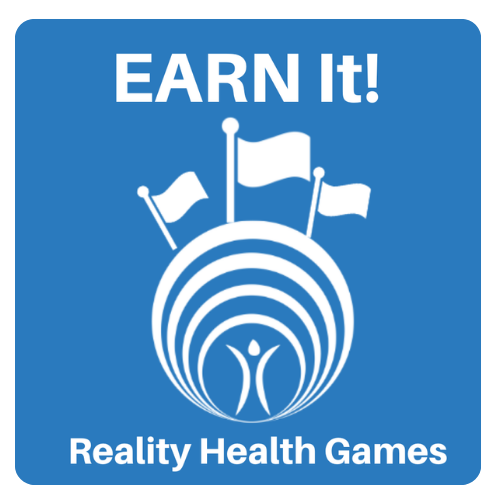
Multiple sclerosis patient succeeds at Wheelchair Games
I was in the best shape of my life when multiple sclerosis (MS) changed everything. At first it was just a strange tingling in my fingertips, a sudden pain down my spine. Then I started tripping, first on the treadmill, then outside. I thought the problem was faulty equipment, but soon I realized it was me. After years of uncertainty, MRIs and medical dismissals, I finally had an answer: MS.
My military career came to an abrupt end. I enlisted in the Army as a Patriot missile operator maintainer following in my grandfathers’ footsteps and had planned to serve for six years. But after three and a half years, the symptoms became overwhelming.
The Army wouldn’t accommodate my condition so I had no choice but to leave. It was a crushing blow. I had worked so hard for this career and in an instant, I was starting over.
I received a letter from VA’s Spinal Cord Clinic. As someone with a spinal cord illness, I was eligible for their services. It was a complete 180-degree turn and I’ve never looked back.
The team at the Dayton Spinal Cord Clinic has been incredible. From doctors and nurses to therapists, they moved quickly and efficiently to get me the care I needed. They work tirelessly for every patient and I couldn’t be more grateful.
“The moment I was back on the field everything clicked.”
It was my spinal cord nurse Marlene who encouraged me to get involved with the Wheelchair Games. As someone who had played sports my whole life, I didn’t think it would be possible in a wheelchair. I made excuses, but Marlene kept pushing me. Eventually, she cornered me with an athlete who convinced me to give it a try. When I learned I could play softball again, I signed up.
My first games in Cincinnati were life-changing. It had been 18 years since I last played, and I felt like a part of me had been reignited. I was unsure of how I would adapt but the moment I was back on the field everything clicked. I wasn’t just playing a game, I was rediscovering a part of myself.
Since then, I have competed in discus, javelin, shot put, bowling and slalom, pushing myself in ways I never thought possible. I learned that I was still an athlete, still capable, still strong.
The National Veterans Wheelchair Games changed my perspective. It wasn’t just about sports, it was about regaining my independence, finding a community and proving to myself that I was more than my diagnosis. I met other Veterans with MS, Veterans who understood my struggles and refused to let the disease define them. We shared stories, advice and support, and in that space, I felt seen in a way I hadn’t in years.
“I started focusing on what I could still do.”
Competing in the games gave me confidence in life, not just sports. I no longer saw my wheelchair as a limitation. I saw it as a tool that allowed me to do more. Instead of focusing on what I had lost, I started focusing on what I could still do—and I realized I could do a lot.
I also learned that the games aren’t just for full-time wheelchair users, a misconception that had kept me away for years. The games are open to anyone with a qualifying disability, whether they use a wheelchair all the time or just occasionally. I’ve seen so many Veterans hesitate because they think they don’t belong, but there’s a place for everyone.
If you’re hesitant to sign up, my advice is simple: just go. It doesn’t matter if you’re nervous or if you don’t know what to expect. The games will challenge you, welcome you and show you that you’re capable of more than you think. You’ll find strength you didn’t know you had, meet people who inspire you and leave knowing you are more than your diagnosis.
We’ve got to realize that with MS, it takes what it wants when it wants and we’re just along for the ride. MS also opens doors to new opportunities. Use it while you got it. The National Veterans Wheelchair Games gave me back a part of myself that I thought was lost and for that I will always be grateful.
You can register for the 2025 National Veterans Wheelchair Games, co-presented by Paralyzed Veterans of America and the Department of Veterans Affairs.
Recommend0 recommendationsPublished in My Healthy Veteran, US National Health Agency Sources







